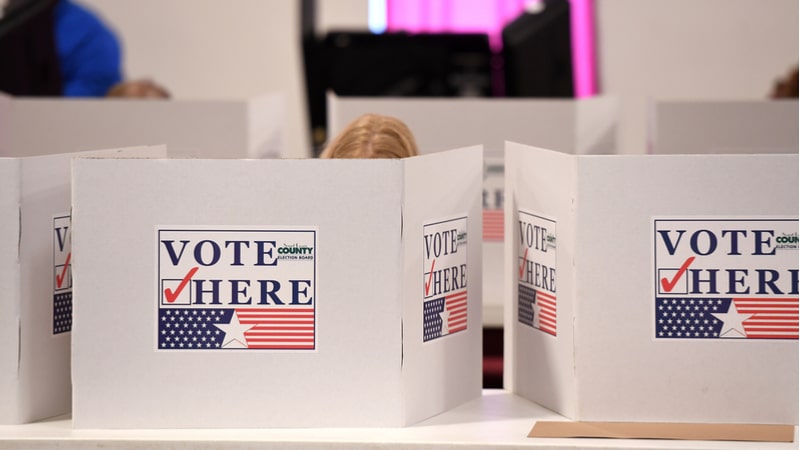
In response to the 2017 Cambridge Analytica scandal, Sen. Dianne Feinstein, D-Calif., introduced the Voter Privacy Act on July 31. The legislation would give voters greater control over how their personal information is used by political candidates and campaigns in Federal elections. Feinstein’s office said currently there is no Federal law regulating the collection and use of voter data by political organizations.
“Political candidates and campaigns shouldn’t be able to use private data to manipulate and mislead voters. This bill would help put an end to such actions,” Sen. Feinstein said. “Today, campaigns are legally able to conduct sophisticated online surveillance of everyone in our country in order to influence individuals based on their unique psychological characteristics. This targeted manipulation not only undermines our democracy, it’s a threat to basic individual freedom.”
If it becomes law, the legislation would give voters five basic rights over their personal information:
- Right of access: “Voters would be permitted to review any of their own personal information collected by a campaign, candidate or political organization.”
- Right of notice: “Any campaign that receives an individual’s personal information from a data broker (including consumer purchasing history, geolocation, medical information, credit reports, web browsing data, and other information) would be required to notify those individuals that their data was obtained.”
- Right of deletion: “Voters would be permitted to instruct a campaign, candidate, or political organization to delete their personal information.”
- Right to prohibit transfer: “Voters would be permitted to instruct a campaign, candidate, or political organization not to sell their data to a third party.”
- Right to prohibit targeting: “Voters would be permitted to instruct websites like Google and Facebook not to use their data profiles to help political groups target them with psychologically engineered political ads.”
A statement from Sen. Feinstein noted that these requirements “would not apply to information obtained from publicly available state and local voter registration databases, which include name, address, and party affiliation.” Additionally, the bill’s mandates would not apply to anonymous polling data.
The Senate legislation does not currently have a companion bill in the House.
